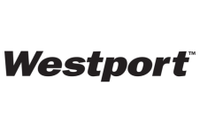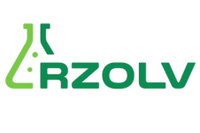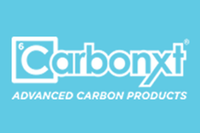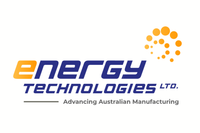Cleantech Investing in Australia
Cleantech investing in Australia is gaining steam. Learn about the market’s key players and how to get involved in this growing space.
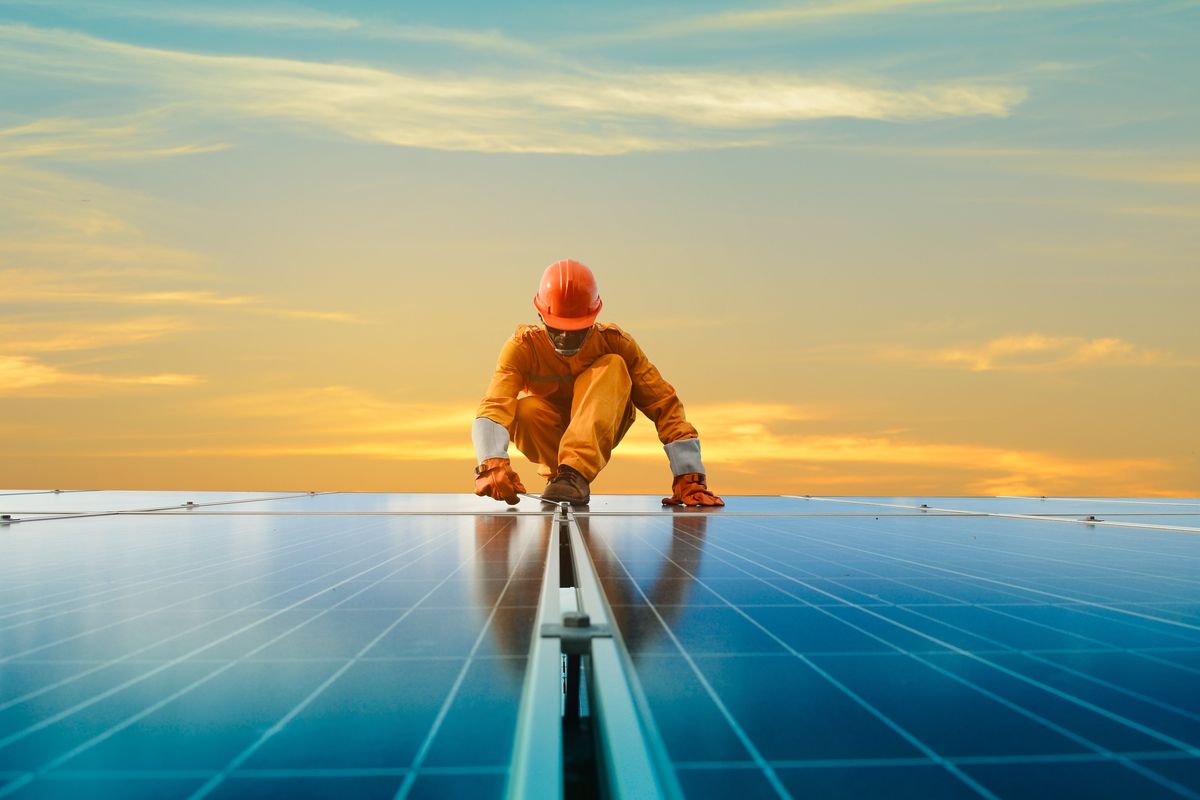
Climate change is a looming issue for Australians, with 82 percent concerned about bushfires and that drought or flooding will affect crop production and food supply.
This is where conscious investors look to the cleantech sector, which covers everything from renewable energy to low-emission technologies to water technology to battery storage and more.
What should investors know about cleantech in Australia before they jump in? Read on for a look at key factors, including market size, the industries encompassed by cleantech and big players to watch.
How big is Australia's cleantech market?
Cleantech is growing in Australia, and one way to get a picture of the space is through the Deloitte Australia CleanTech (DACT) Index. It included 87 companies with a combined market cap of AU$80 billion as of December 2022, and is designed to track their market-cap-weighted share price performance.
Launched in 2008, the DACT outperformed the wider market seven years in a row, from 2014 to 2021, which according to Deloitte Australia indicates growth and maturation in the cleantech sector. December 2022 saw a dip (down from AU$83.7 billion in the previous quarter), with Deloitte Australia citing a number of events that have affected financial markets globally and domestically.
Despite this, the firm anticipates that the importance and momentum for meeting low and zero carbon ambitions will continue to drive long term favourable results for the companies embracing and providing low carbon solutions.
What are Australia's most important cleantech subsectors?
Deloitte Australia breaks the cleantech market down into a number of sub-sectors.
The firm emphasizes that cleantech is different than socially responsible investments and environmental, social and governance investments, better known as SRI and ESG.
The distinction is that SRI and ESG look at incremental improvements in company performance, while cleantech is about companies that positively enhance communities and ecologies.
Here’s a look at the cleantech sub-sectors Deloitte Australia mentions:
- Biofuel: corn ethanol, sugar ethanol, cellulosic ethanol, biodiesel, algae production and biotech providers.
- Biogas generation: landfill gas, waste to energy, biomass digester gas and biosygas.
- Biomaterials: organically based materials and plastics, energy materials and green chemistry.
- Carbon trading: environmental offsets, carbon farming, soil management and livestock management.
- Energy storage and fuel cells: energy storage systems, batteries, pumped hydro and fuel cell technologies.
- Environmental service providers: environmental engineering, specialist services and equipment providers.
- Green buildings: green building design, precinct design, products and services, rating systems and building management.
- Smart grid and energy efficiency: demand response, grid management, peer-to-peer trading, energy efficiency, home automation and internet of things.
- Solar: traditional photovoltaics, concentrating photovoltaics, nanotechnologies and solar thermal.
- Sustainable Minerals: sustainable mining and recycling of minerals for renewable energy and battery storage technologies.
- Vehicle technologies: hybrid, flex fuel, hydrogen and electric vehicles, and recharging and refuelling infrastructure.
- Waste management recycling: residential and industrial waste collection and disposal and recycling operations.
- Water: desalination, water reuse, sensor technologies, water efficiency, utility management and treatment technologies.
- Wave, tidal and hydro: surface and submerged wave technologies, tidal, major and mini-hydro and pumped storage schemes.
- Wind: onshore, offshore, urban, turbines, developers, tower and blade manufacturers and community wind farms.
What are Australia's major cleantech companies?
As mentioned, the DACT tracks the performance of 87 Australian cleantech companies, and is intended to provide a measure of the market. Investors who want to enter this growing tech sector can start by exploring some of the index’s top stocks by market cap.
Consistently performing renewable energy stock Meridian Energy (ASX:MEZ) regularly tops the list by market cap, and is also New Zealand’s largest renewable energy power company.
Another major index player is Reece Group (ASX:REH), Australia’s largest supplier of plumbing and bathroom supplies. Notable examples in the renewable energy space include Mercury (ASX:MCY), which deals with hydroelectric-generating and geothermal plants in New Zealand, and Contact Energy (ASX:CEN), another New Zealand electricity generator that dabbles in natural gas and broadband retail.
One of the biggest companies in the waste sector is Cleanaway Waste (ASX:CWY), which is an end-to-end e-waste recycler that employs some 6,300 Australians over its 250 branches nationwide.
Cleanaway Waste performed well throughout the COVID-19 crisis and is well-placed to capitalise on Australia’s growing efforts to deal with plastic, as well as the country’s desire to be waste self-sufficient after China’s ban on accepting recycling from Australia.
What is the outlook for cleantech in Australia?
Investors specifically on the lookout for cleantech startups instead of listed stocks may want to look into EnergyLab, which claims to be Australia and New Zealand’s largest cleantech acceleration program. EnergyLab receives submissions from cleantech startups in the region that are looking to raise capital and passes select opportunities on to its members.
Looking forward at renewable energy uptake in Australia, the country’s Clean Energy Council describes 2020 as significant in that more than one-quarter of the nation’s total electricity generation came from renewable sources for the first time. The CEC also stated that as of 2021, 32.5 percent of Australia’s energy came from renewable sources.
The top renewable energy source for Australia in 2021 was wind, followed by small-scale solar and hydro. The Clean Energy Council notes that the country’s states and territories have taken the lead on renewable energy policy rather than the federal government.
Further into the future, an abundance of sunshine and natural resources means the nation has the ability to move to a 100 percent renewable system, as per the Australian Energy Market Operator. However, trading in gas- and coal-powered electricity would require major political shifts.
For investors, it’s clear that as Australia looks for climate solutions and economic gains, there will be no shortage of opportunities in the cleantech space to take advantage of in the near future.
Securities Disclosure: I, Ryan Sero, hold no direct investment interest in any company mentioned in this article.

